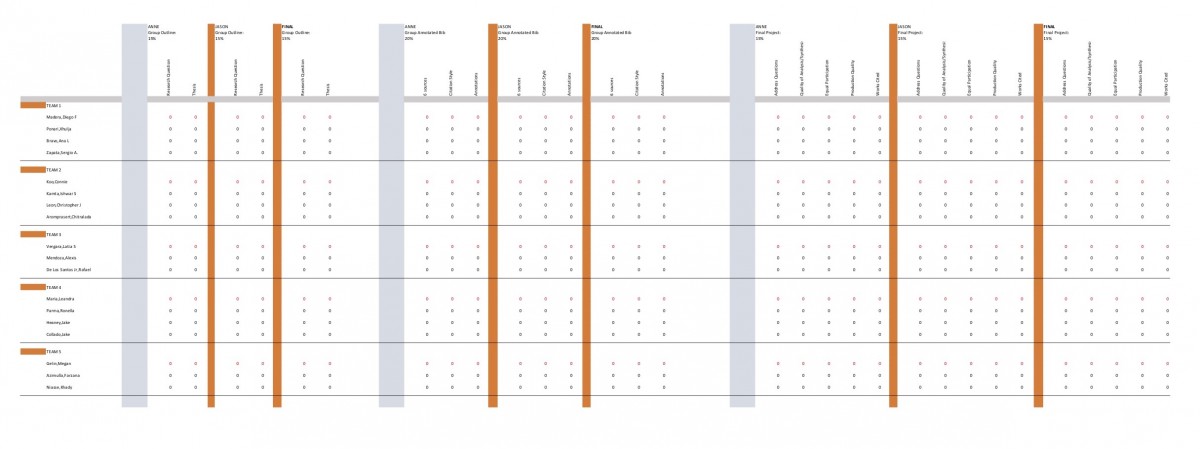Hope you all are well. Did anyone remember that yesterday was the first day of Spring? As we discussed in our team meetings yesterday, for our next class on 3/26, everyone should find at least three information sources that relate to their team’s research question. Read or study it, evaluate it (see guidelines below), and write a paragraph for each explaining why it helps you answer your question, why you think it’s a high quality source of information. If what you chose is an image, you can post the image to your team site. If you chose a text-based source, it’s fine to post a link. Be sure to include a citation for the source (here’s a guide to citing archival material).
First of all, what is a primary source, and why is it important?
Primary sources are first-hand evidence of an event, person, or object. Letters, photographs, maps, handwritten manuscripts, works of art and music, oral histories, newspaper reports of eyewitnesses to an event, and data sets such as the Census are all examples of primary sources. Primary sources offer an unfiltered view of a past event.
Places to start your search for historical primary sources:
NYPL Digital Collections – almost 1 million digitized primary sources (very strong in NYC history but not limited to New York) and NYPL Map Warper, an incredible tool that layers historical maps on the contemporary street grid. A great way to study historical land use. I like the NYPL digitized sources because they have a citation tool built in.
Brooklyn Public Library Digital Collections digitized photographs and maps from the Brooklyn Public Library’s history collection
Brooklyn Eagle, 1941-1963. Brooklyn’s daily newspaper, digitized and searchable
Historical New York Times, 1851-2016 (log in with library barcode from City Tech ID)
Social Explorer (log in with library barcode from City Tech ID) US Census data from 1790-present. Allows you to create maps and data visualizations
Many museums, libraries, and archives have digitized primary sources that are free to view and download. If you find something great, comment on this post and share it with everyone.
What to consider when critically evaluating primary sources (adapted from ALA Guidelines for Primary Source Literacy):
- Assess the appropriateness of a primary source for meeting the goals of a specific research or creative project.
- Critically evaluate the perspective of the creator(s) of a primary source, including tone, subjectivity, and biases, and consider how these relate to the original purposes of and audience for the source.
- Situate a primary source in context by applying knowledge about the time and culture in which it was created
- what do you know about the author, the format, genre, or original publication venue or container?
- As part of the analysis of available resources, identify, interrogate, and consider the reasons for silences, gaps, contradictions, or evidence of power relationships in the documentary record and how they impact the research process.
- Factor physical and material elements into the interpretation of primary sources including the relationship between container (physical object) and informational content, and the relationship of original sources to digital copies.
- Demonstrate historical empathy, curiosity about the past, and appreciation for historical sources.




Recent Comments